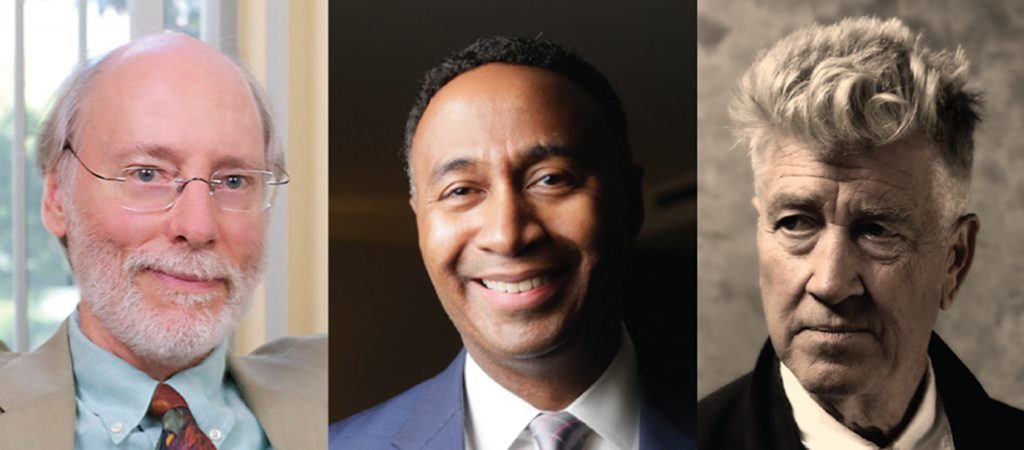
Nelson Mandela said, “Education is the most powerful weapon you can use to change the world.” But what if the educational process itself begins to inhibit students’ capacity to become the changemakers they were destined to be? College is meant to be an expansive period during which the next generation learns new skills and matures in spirit. Instead, college campuses are experiencing an epidemic of stress. Mental health challenges, substance abuse, and poor lifestyle choices are undermining students’ ability to learn.
The stats are seriously sobering. Three out of four students report feeling stressed, 39 percent of college freshman report symptoms of anxiety or depression, and suicidal thoughts among students have doubled over the last 10 years.
When higher education has gotten so off-track in its ability to create an environment that nourishes growth, who you gonna call? The David Lynch Foundation (DLF) and Maharishi University of Management (MUM) are presenting a major conference to offer solutions, “Is College Bad For Your Brain?,” on Friday, February 8, on the MUM campus, followed by a webcast on Wednesday, February 13. A powerful panel of neuroscientists, educators, psychologists, and students will convene to explore the epidemic of stress that is overwhelming students and what we can do about it. Filmmaker David Lynch will be a special guest, leading a Q & A session via Skype to close the event.
Of course, the title is a bit sensational, as it’s unlikely that higher education in itself is “bad for your brain.” Rather, the culprit could be the prevalent unhealthy campus culture. One of the keynote speakers at this conference, clinical neuropsychologist Bill Stixrud, has worked closely with students to help them manage their stress and become more proactive in creating their college success. In his recent New York Times article, “When a College Student Comes Home to Stay,” Stixrud wrote, “As we see it, there are two critical issues at hand. First, college life is a highly dysregulated environment with inconsistent sleep patterns and diets, little structure, and an abundance of binge-drinking, pot-smoking, and abuse of stimulants like Adderall. Second, students haven’t been given control of their own lives until way too late. It may be just too much to ask students to go from parental control to near-total freedom.” The most effective antidote that Dr. Stixrud has found is a regular practice of stress-reducing meditation.
As a cardiologist and Chief Infomatics Officer for the U.S. Navy, Dr. Hassan Tetteh brings a unique medical perspective to the conference. After two tours of duty in Iraq, Tetteh saw firsthand the effects of stress in these high-stakes, life-and-death environments. But after several life-altering experiences, he found a calling to heal others, in particular by helping them to cultivate a deeper mind-body connection.
Educator and workplace culture consultant Steve Langerud, currently CEO at Mayflower Community, has counseled thousands of college students over the past 30 years at top schools like Grinnell and DePauw. “And the one thing I have learned,” he said, “is that the stressful lifestyle of college requires resilience to make it all work.”
As experts search for a solution to the effects of stress on college learning, one common theme seems to emerge: mind-body practices such as meditation work.
As host of this conference, MUM may be poised to be a leader in this area, as a university that has always placed Transcendental Meditation (TM) at the foundation of its curriculum.
Neuroscientist and faculty member Fred Travis has found that students practicing TM display a “brain signature” indicating greater resiliency, adaptability, and coherence in the face of stress.
“The best thing in my life is my TM practice,” said student body president T. Chevonne Height. “It has helped me see past doubts and fears into the infinite realm of possibilities. I am more confident and outspoken than I’ve ever been, and anxiety is a distant memory to me.”
The conference is free and open to the public. Visit www.mum.edu/changemakers-event-2019.
